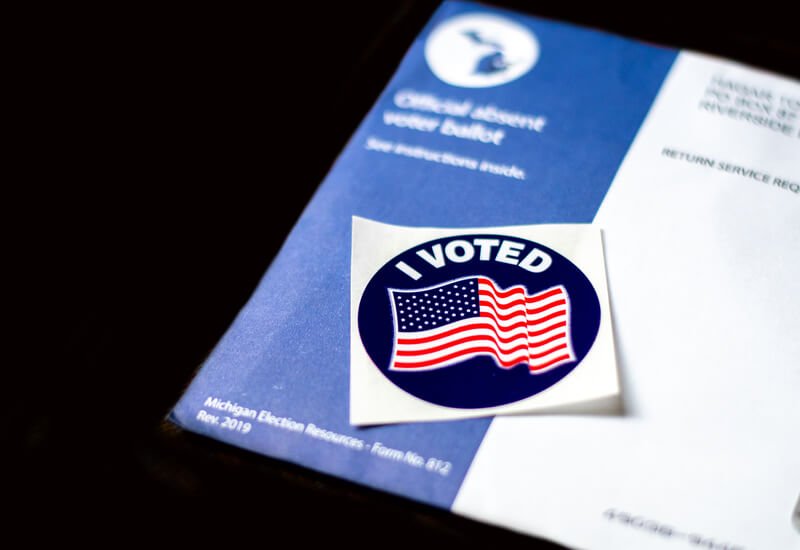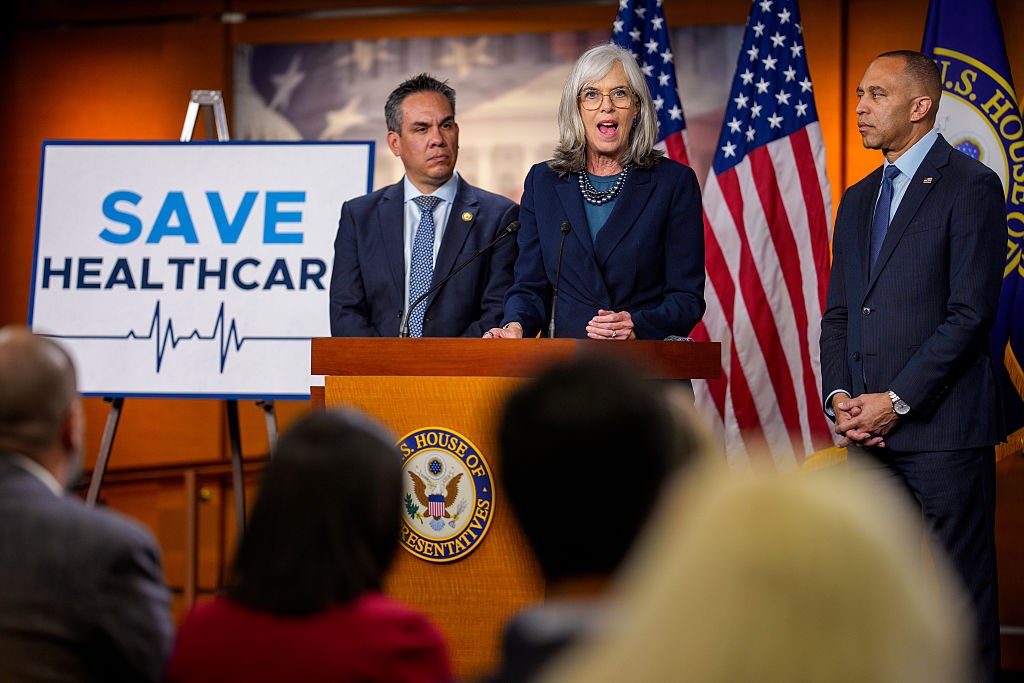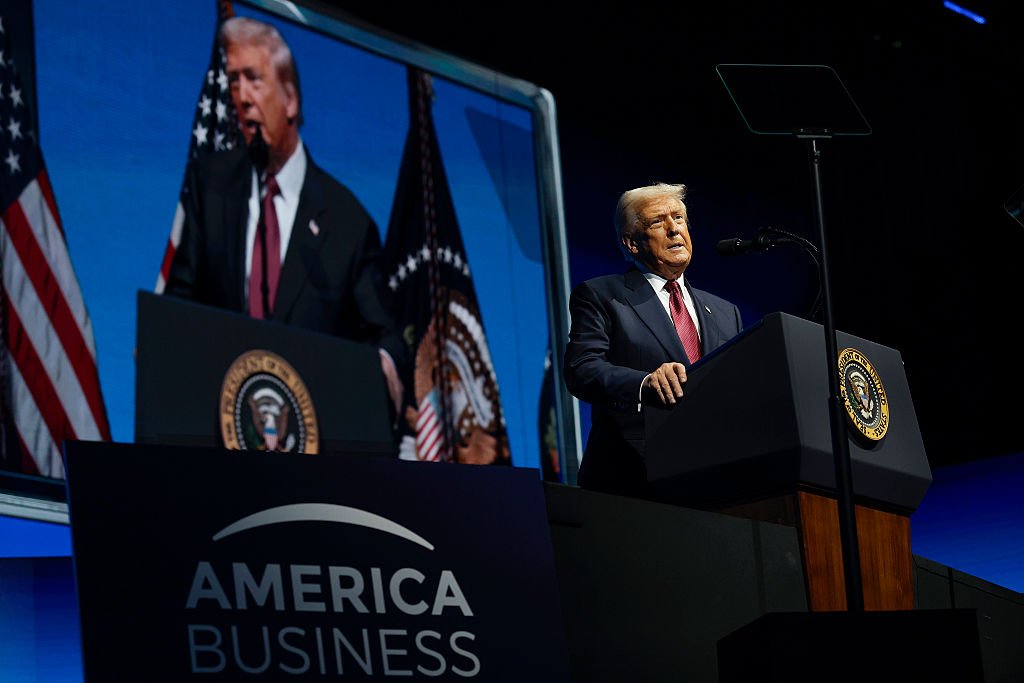Now Reading: Concerns grow over fraud with new regulations
-
01
Concerns grow over fraud with new regulations
Concerns grow over fraud with new regulations

Article Summary
In a recent article by Patrice Johnson, the proposed voter registration rules from Michigan’s Secretary of State Jocelyn Benson are raised as a critical concern for election integrity. These rules, designed to manage voter rolls, are perceived as potentially detrimental to transparency and accuracy in elections, not just in Michigan but nationwide. Among the various provisions, one of the most alarming is the allowance for inactive voter registrations to remain on the rolls for up to 20 years, significantly longer than the federal guideline of four years. This could lead to ballots being mailed to addresses where individuals have not lived for decades, thereby increasing the risk of voter fraud. Johnson references the existing issue in Michigan, where over half a million registrations are already inactive.Another troubling aspect of the new rules is their effect on citizen oversight. The regulations impose stringent requirements for individuals wishing to challenge invalid registrations, including a demand for “personal knowledge” of ineligibility. This criterion excludes the use of easily accessible public data, which could have aided in verifying voter eligibility. Moreover, clerks are largely granted discretion regarding the cleaning of voter rolls, which could lead to undue administrative burdens for citizens seeking to ensure electoral accuracy while driving up costs associated with challenging incorrect registrations.
The rules also raise concerns regarding poll watchers, who serve a crucial role in monitoring elections. Under the new provisions, these volunteers face the possibility of intimidation through vague accusations of bias, making it harder for them to report irregularities without fear of retribution. Johnson notes that this could discourage public participation, eroding the foundational checks and balances essential to the democratic process. With a significant number of absentee ballots cast, the role of poll watchers becomes even more important in maintaining election integrity.
Additionally, the article highlights a provision that appears to create a separate category for overseas voters, notably civilians, who may be exempt from standard verification processes. This differentiation challenges both federal legislation and the guidance previously issued by the state’s Attorney General, introducing further complications in the pursuit of accurate voter rolls. Johnson stresses that these inconsistencies could lead to undermining public trust in electoral processes.
In conclusion, Johnson urges concerned citizens to take action by contacting their state representatives to express opposition to these proposed rules, which are currently under review. Organizations like Pure Integrity Michigan Elections (PIME) have formally objected to the rule set and seek to mobilize public awareness against these measures perceived as threats to election integrity. With the pivotal nature of transparent voter rolls and citizen oversight emphasized, Johnson underscores that safeguarding the electoral system transcends partisan divides and underpins the essence of democratic governance.













